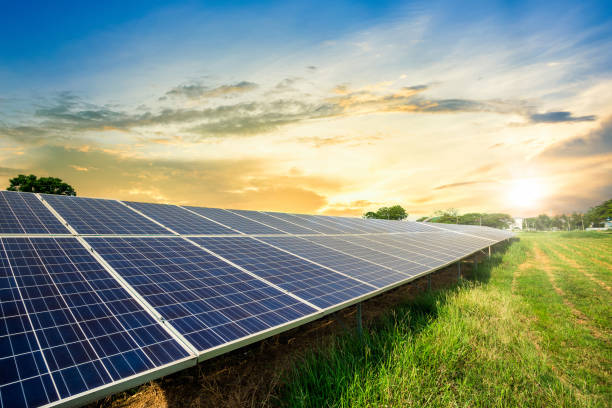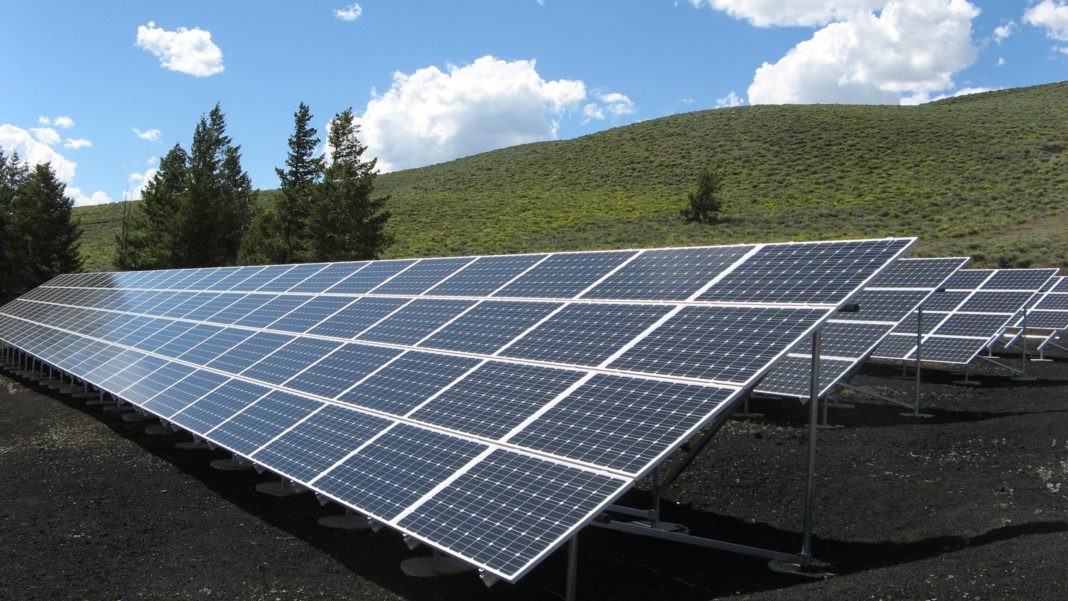Solar Panels: Should You Switch to Them or Continue With What You Have?
Many people want to switch to solar panels as they are a shiny option with everyone knowing some of the positive sides about them. However, this alone should not be enough for many to make the decision of switching to these panels in their homes as it is not an easy decision at all. Solar energy, however good it may sound, isn’t as optimized as many believe and therefore it has some downfalls compared to the usual electricity options we currently have. That’s why one should think about the situation wholly before deciding on the switch. Luckily, in this article we are going to go over some of the notable facts about solar panels and solar energy, we will consider their pros and cons, and finally, we will talk about if you should switch to using them altogether or should you not.

A Gateway to Solar Energy: Panels and Their Magic
Solar energy has been a hot topic for many years. Due to the controversial conventional methods of energy production systems and their dangers to the climate and earth being exposed and spread to the public, they have caught the eyes of many as the best alternative out there. And in a way, these people aren’t wrong. Solar energy really is one of the cleanest options out there. And the reason why we are not saying that it is the best is not that there are cleaner options out there but because options such as producing energy from wind or wave turbines are also as clean as panels as all of these options don’t harm the climate and earth at all. Sounds fantastic, isn’t it? So why haven’t we all already switched to solar energy already? After all, we are facing a great danger to earth called climate change and we need to do something about it. The reason lies in the magic of these options and how they aren’t as easy as we think. Solar panels, as the name suggests, collect and restore the energy in the sunbeams all around us by optimized panels that are specifically designed to do this as efficiently as possible. They convert sunlight into electricity like it’s nothing. But however impressive this is, panels aren’t as efficient as we like them to be. Considering the consumption of energy and the amounts of electricity we need in our lives all around the globe, compensating for this need with solar energy or other clean alternatives wouldn’t be enough, to say it basically. Thus, implementing them all around the world would be a challenge as long as we don’t decrease our energy consumption and that is just not likely.
Pros and Cons of Solar Panels
Now that we have established and remembered what solar panels are and what they do for us, we have to talk about its pros and cons before deciding if you should switch to them or not. First, let’s start with the bright side. The most glaring advantage of panels is their being clean energy resources. This means that they eliminate the need for consuming fossil fuel-generated energy and therefore eliminate greenhouse gas production as well. Also, panels of the modern-day can work even on cloudy days, which means that they can do their job no matter what as they also store some energy as well. Maintenance is also a plus side as panels can last over 30 years without any maintenance or checks whatsoever. They are also much more safe compared to the traditional electric systems as they are much simpler to build and use. Lastly, they can be installed virtually anywhere though we tend to think of them as only roof appliances. However, there is also a darker side to the picture. First off, the initial costs of setting these panels on your house or the building you live in is still high enough to make many people consider not getting them. They are also not so efficient yet, as we have mentioned, and therefore make you need more than one or two panels to cover all of your needs. This means that you should dedicate a lot of space in order to get good results. Also, as you could have guessed, they cannot generate power through the night so you have to have a good energy bank if your household is really active during the night. Them not being able to work as efficiently as normal on cloudy days can also be an issue for you if you don’t have enough energy in the bank. This means that in winter where the days are typically more cloudy you might have more energy issues depending on the country and the climate you live in.
So, Should You Switch?
We honestly believe that you should be the one who’s deciding on that. Yes, it would be nice if everyone started to switch but this, as we said, isn’t an easy decision. Therefore, you should meet the requirements to switch to using them. As we hinted at, you need a big enough space for the installation, a good amount of money to set the system up, a good climate that will give you plenty of sunlight, and lastly a large bank in order to not suffer through nights and long cloudy days. It might look like a lot but when you think about it, not all of these are major requirements and they might be things you already have. If this is the case, then we highly recommend you make the switch in order to save yourself some costs while helping to save the planet as well.
